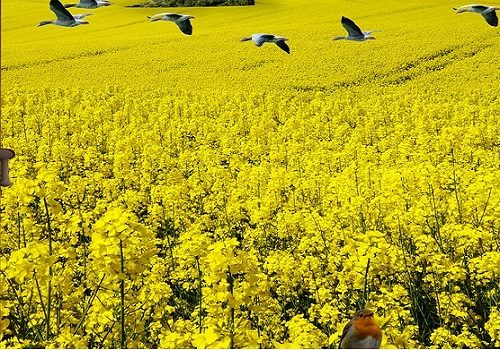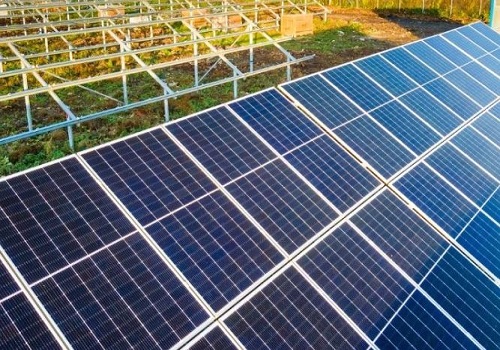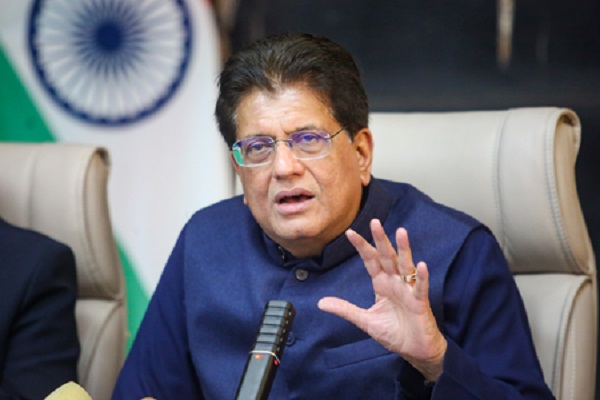Indian Farmers Shift Away from Rapeseed Amid Rising Temperatures by Amit Gupta, Kedia Advisory

Indian rapeseed and mustard planting is witnessing a decline as soaring temperatures affect crop germination and push farmers toward alternatives like wheat and potatoes. Despite higher government-set minimum support prices, farmers are deterred by the risk of heat damage and the poor pricing of oilseeds like soybean. This shift could lead to reduced rapeseed production and increased vegetable oil imports to meet demand. Major producing states like Rajasthan, Uttar Pradesh, and Haryana have seen significant drops in acreage. Additionally, rising prices of wheat and chickpeas are further incentivizing farmers to diversify away from rapeseed.
Key Highlights
* Indian rapeseed acreage drops 7.2% due to high temperatures.
* Farmers shift to wheat and potatoes for better resilience and returns.
* Government’s higher support price fails to boost rapeseed planting.
* Reduced output could drive expensive cooking oil imports.
* Rising wheat and chickpea prices encourage acreage expansion.
Rapeseed and mustard acreage in India has fallen by 7.2% to 3.12 million hectares in Rajasthan as of November 21. Despite an increase in the government-set minimum support price (MSP) by 5.3% to Rs.5,950 per 100 kg, farmers are showing reluctance toward the crop. Rising temperatures in key producing regions during October and November have severely impacted germination, forcing farmers to shift toward crops like wheat and chickpeas, which promise better returns and are more resilient to heat stress.
The higher MSP for rapeseed initially encouraged hopes of increased planting; however, alternative crops such as wheat and potatoes offered more attractive market prices, swaying farmer decisions. Traders report that soybean prices failing to meet the government floor rates have further compounded worries, deterring farmers from risking similar losses with rapeseed.
Industry experts warn that the decline in rapeseed planting could exacerbate India’s reliance on costly imports of cooking oils, including palm oil, soyoil, and sunflower oil. With rapeseed production expected to decline by 10%, the market could witness heightened volatility. States such as Uttar Pradesh, Madhya Pradesh, Gujarat, and Haryana have also reported drops in rapeseed acreage, mirroring the trend in Rajasthan. Farmers are increasingly favoring crops with higher profitability and better tolerance to climate variability.
Finally
The decline in rapeseed planting highlights the impact of climate change on crop choices, with reduced output likely increasing India’s dependence on costly cooking oil imports.
Above views are of the author and not of the website kindly read disclaimer










More News

Weekly Gold Outlook : Impact of Trump policies on the precious metals market by Dr. Renisha ...













